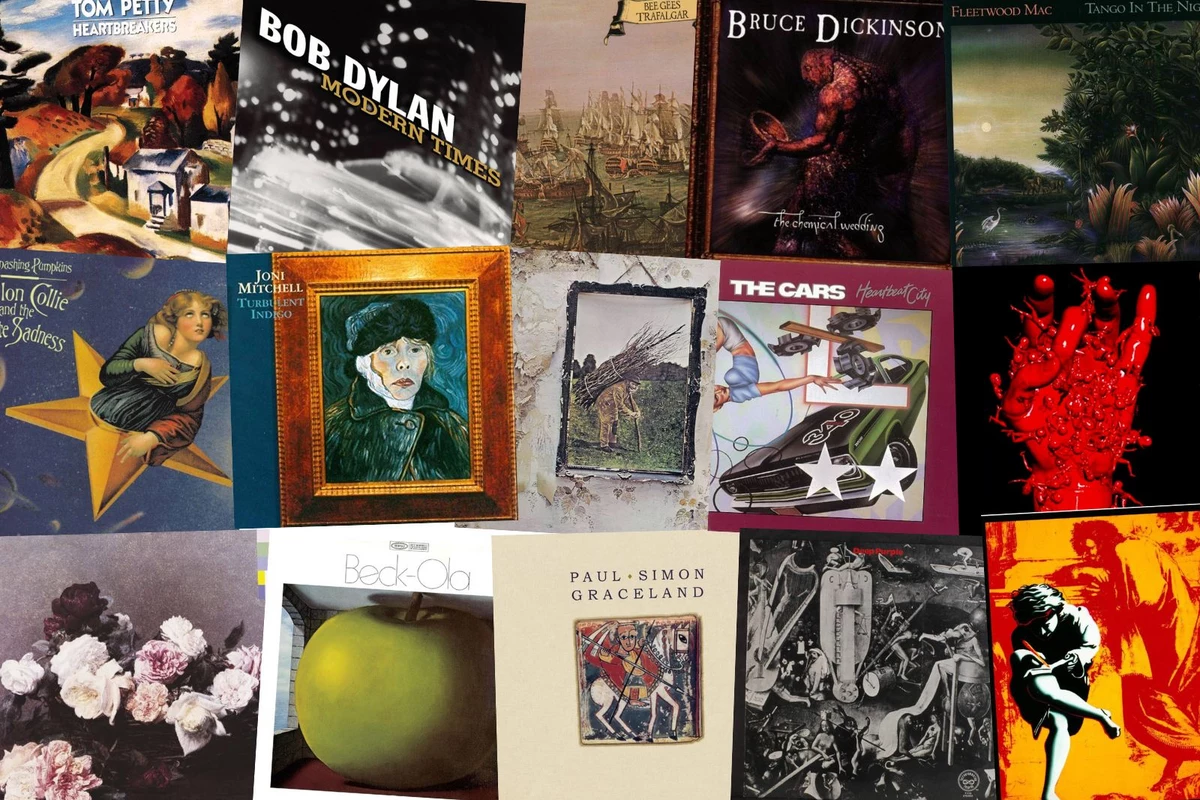An album’s cover, it can be argued, is just as important as its contents.
It is, after all, the first thing a potential listener sees when they examine an LP, So selecting something eye-catching is important. Many artists opt to hire a designer, whose job it is to hear the ideas of the band or solo musician — What colors should be used? Will the group appear on the front cover themselves? What sort of font would work best for the LP’s title? — and turn them into a visual reality. In a number of instances, artists end up choosing a cover that can be visited in real life.
In the below gallery of 26 Paintings That Became Album Covers, you’ll notice two sections. The first contains album covers for which a piece of artwork was directly reproduced. Even if only a portion of the artwork was used, it appears precisely as it originally did .In fact, several of the below pieces of artwork can be viewed in person in museums around the world.
READ MORE: 40 Stars From Famous Album Covers
The second section is devoted to covers that, in some form, modified the initial art. In some cases, different colors were used, like on Deep Purple‘s 1969 self-titled release, which used a black-and-white scheme. In other instances, like Joni Mitchell‘s Turbulent Indigo, Mitchell herself painted the cover using a Van Gogh painting as her model.
You’ll also notice four “bonus” entries for albums whose covers featured not a painting, but some other original form of artwork. Read on for more…
26 Paintings That Became Album Covers
Worthy of hanging in a museum.
Gallery Credit: Allison Rapp
